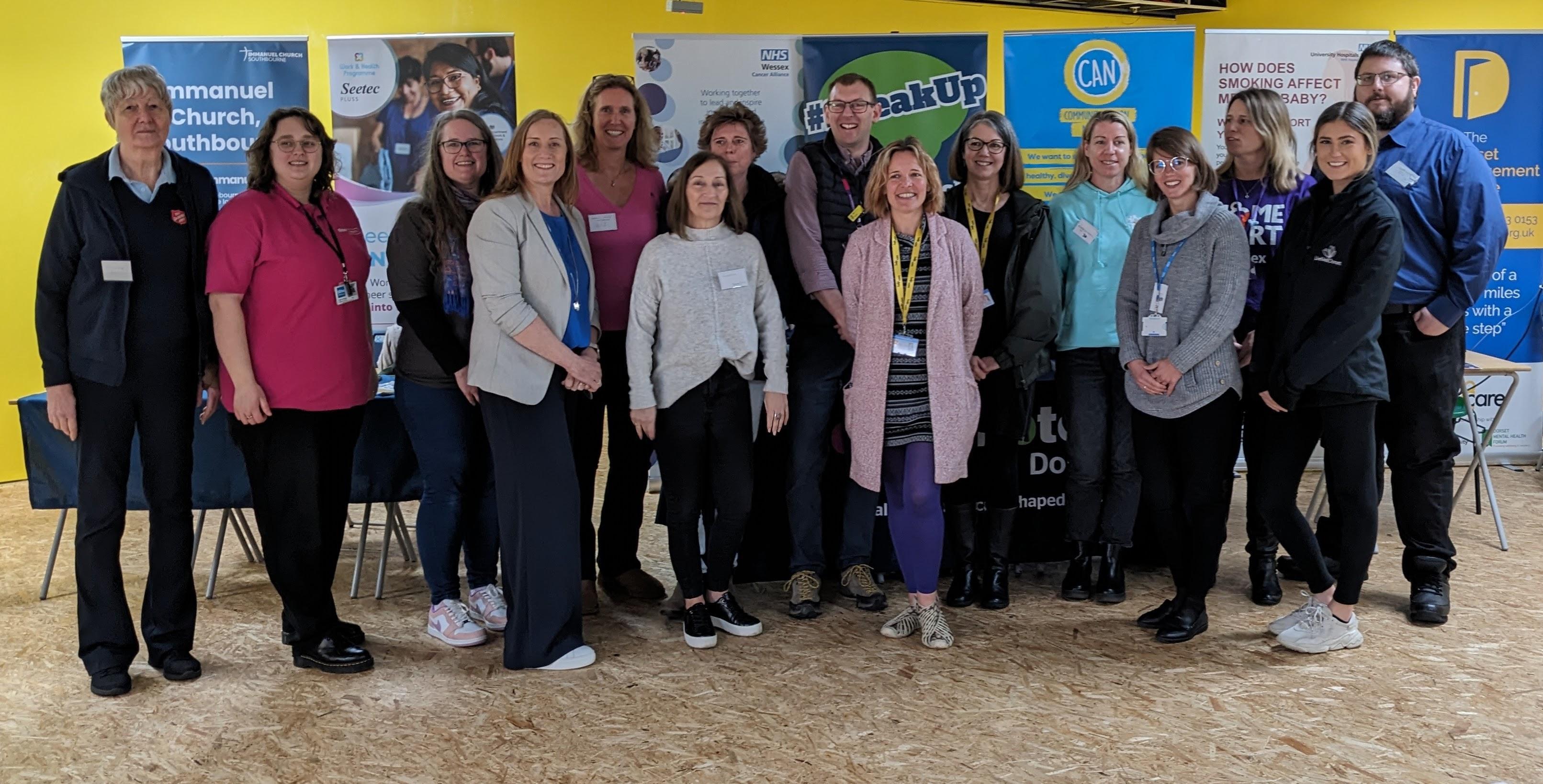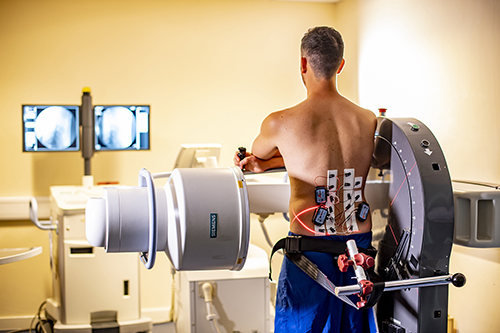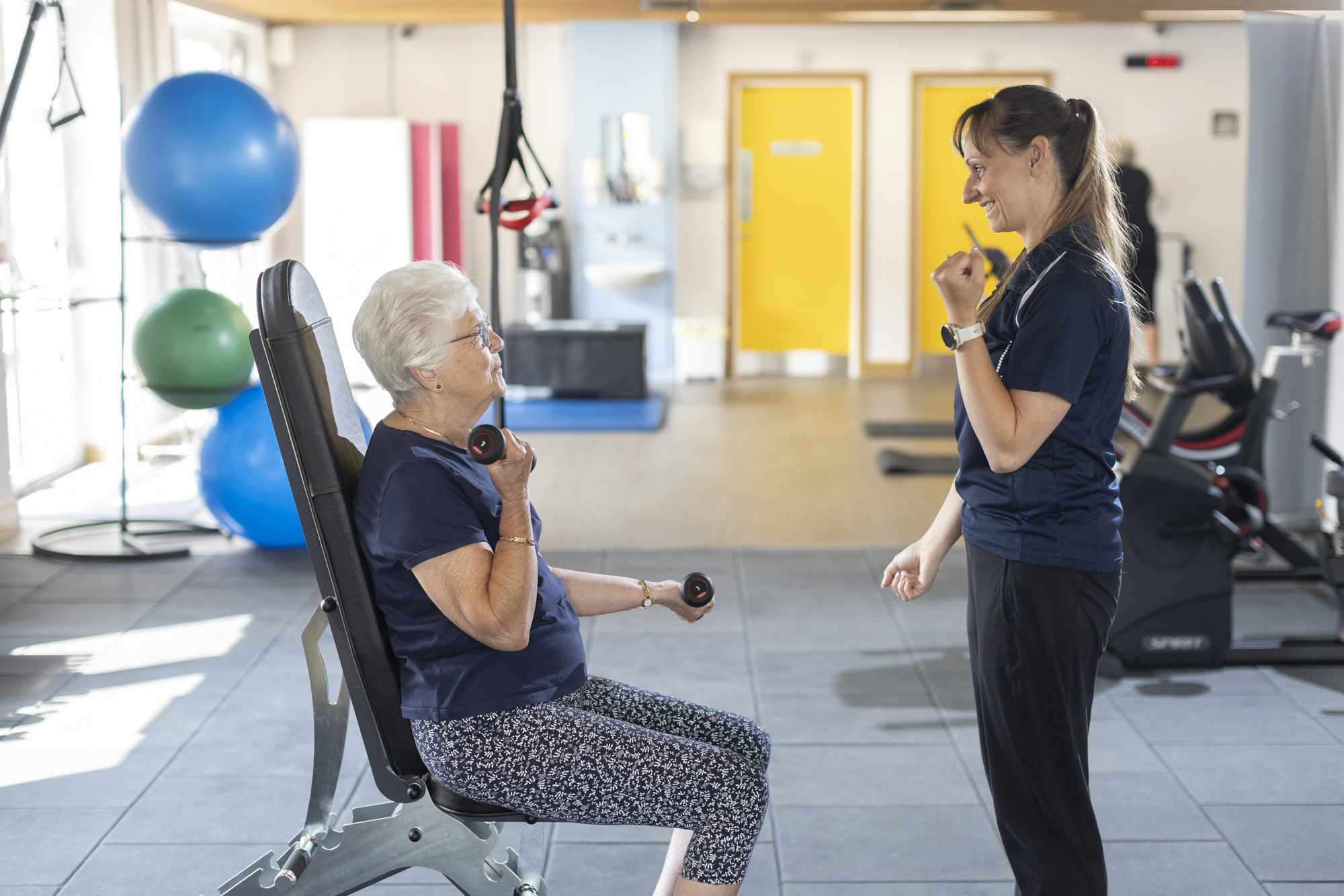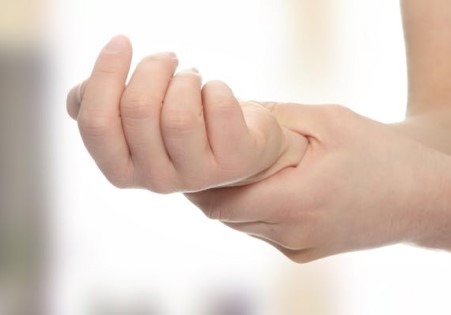Entrapment neuropathies are the most common peripheral nerve disorders. Common conditions include cervical or lumbar radiculopathies, carpal tunnel syndrome or cubital tunnel syndrome. Diagnosis and treatment of entrapment neuropathies are often challenging. This can in part be attributed to a limited understanding of the pathophysiology as well as the conflicting evidence regarding treatment of these patients. This course aims to provide a detailed insight into recent scientific advances in regards to the pathophysiology, assessment and conservative management of patients with entrapment neuropathies. Focus will thereby be placed on patients with spinally referred pain.
Upon completion of the course, participants will have a deep understanding of potential pathomechanisms at play in patients with entrapment neuropathies. They will know how to differentiate the dominant mechanisms in individual patients using methods beyond the commonly used neural integrity tests. Participants will also be competent in designing a targeted intervention for different subgroups of patients with spinally referred pain and can confidently interpret changes associated with the delivered intervention.
Osteopathic practice standards and other CPD elements covered
B Knowledge, skills and performance B1, B2, B3
C Safety and quality in practice C1
- To enable the participants to understand the basic principles of pain physiology associated with entrapment neuropathies and to incorporate this knowledge into their reasoning framework
- To be familiar with the practical performance and interpretation of bedside neurological testing and quantitative sensory testing methods in the context of entrapment neuropathies
- To understand the clinical framework for subgrouping different types of spinally referred pain
- To be competent in designing a targeted intervention for patients with entrapment neuropathies and to interpret changes associated with the delivered intervention
Timetable
Pre-recorded session (available approximately two weeks prior to the course). It is essential that you watch this video and test yourself with the revision questions prior to attending the live online course.
Pathomechanisms of entrapment neuropathies:
- Loss of function
- Gain of function
Saturday Dr Annina Schmid
08:30 – 09:30 Introduction, review of pathomechanisms and questions
09:30 – 11:00 Screening, assessment and diagnosis: questionnaires, bedside neurological examination, quantitative sensory testing in a manual therapy setting
11:00 – 11:15 Coffee break
11:15 – 13:30 Screening, assessment and diagnosis continued: neurodynamic assessment and its role in the assessment of patients with entrapment neuropathies
Sunday Dr Colette Ridehalgh
08:30 – 09:00 Recap of Day 1 – Questions and thoughts
09:00 – 10:15 Management: overview of techniques and mechanism of action of commonly used interventions for entrapment neuropathies
10:15 – 11:15 Efficacy of manual therapy treatments for patients with entrapment neuropathies.
11:15 –11:30 coffee break
11:30 – 13:00 Case studies – Break-out groups
13:00 – 13:30 Feedback and summing up of the course.
Pre-course reading
Schmid AB, et al. Entrapment Neuropathies: a contemporarory approach to pathophysiology, clinical assessment and management. Pain reports online. 2020
- Schmid AB, Hailey L, Tampin B. Entrapment neuropathies: Challenging common beliefs with novel evidence. J Orthop Sports Phys Ther. 2018.
Associate Professor Annina Schmid is a consultant musculoskeletal physiotherapist and a neuroscientist affiliated with the Nuffield Department of Clinical Neurosciences at Oxford University in the UK. She qualified as a physiotherapist in Switzerland in 2001 and obtained a Master in Manipulative Physiotherapy from Curtin University of Technology in Perth, Australia before completing a PhD in Neuroscience at The University of Queensland in Brisbane in 2011.
Annina’s research is an exciting and unique combination of basic and clinical science which is aimed to improve our understanding of the mechanisms of neuropathic pain and entrapment neuropathies to ultimately improve management of these patients. Annina has presented her work at leading international meetings and has published her work widely including publications in leading clinical (e.g., Brain, JOSPT, Eur J Pain) and basic science journals (e.g., eLife, Nature Genetics). Dr Schmid’s research contribution is recognised by the award of several grants, awards and competitive fellowships including the prestigious Neil Hamilton Fairley Fellowship from the Swiss National Science Foundation.
In addition to her research activities, Dr Schmid teaches postgraduate courses related to pain and neuroscience internationally. She also maintains a weekly caseload as a specialist musculoskeletal Physiotherapist. Further information can be found at
www.neuro-research.ch
Dr Colette Ridehalgh is a Senior Lecturer at the University for Brighton where she teaches Musculoskeletal Physiotherapy to undergraduate and postgraduate students. She has an MSc in Manipulative Physiotherapy and is a member of the Musculoskeletal association of Chartered Physiotherapists (MACP). She completed her PhD in 2014 entitled Straight Leg Raise treatment for individuals with spinally referred leg pain: exploring characteristics that influence outcome. She has published a number of peer reviewed articles and presented this work at national and international conferences. She recently been awarded a Rising Stars Grant from the University of Brighton which is allowing her to explore sub-profiling of individuals with spinally referred leg pain. For Colette’s full profile see
https://research.brighton.ac.uk/en/persons/colette-ridehalgh.
What is the cancellation policy?
The UCO regrets that no refunds can be made for cancelled places unless a substitute participant can be found. The UCO cannot guarantee that any course will run. In the event of your course being cancelled, all paid fees and deposits will be refunded in full.
Terms and Conditions of Booking Click Here







